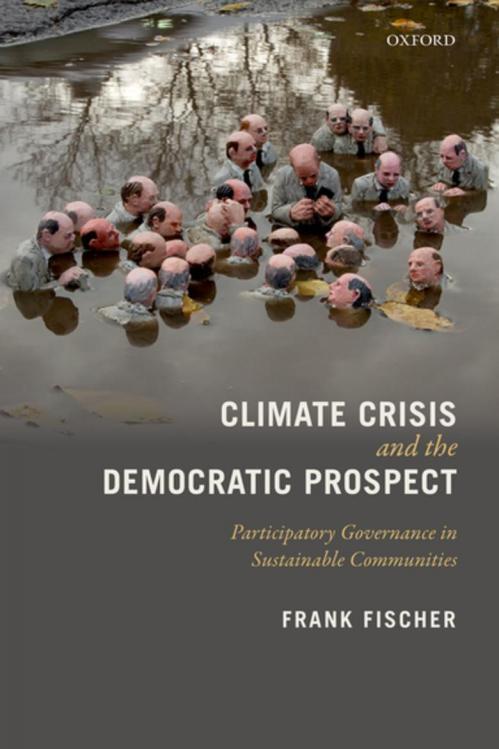Thank you for your message. The IPPA team will get back to you shortly. You first need to login here.

Climate Crisis and the Democratic Prospect: Participatory Governance in Sustainable (2017)
(Publisher : Oxford University Press )
Author(s) : Frank Fischer
Frank Fischer has until recently been Distinguished Professor of Politics and Global Affairs at Rutgers University in the USA. Currently, he is research scholar at the Institute of Social Sciences at Humboldt University in Berlin. He is co-editor of Critical Policy Studies journal and Handbook of Public Policy Series editor for Edward Elgar.
In addition to widely lecturing around the world on environmental politics and policy analysis, he has published 16 books and numerous essays. These include :
- Citizens, Experts and the Environment (Duke 2000),
- Reframing Public Policy: Discursive Politics and Deliberative Practices (Oxford 2003),
- Handbook of Public Policy Analysis: Theory, Politics and Methods, co-edited with Mara Sidney and Gerald Miller (Taylor and Francis 2006),
- Democracy and Expertise: Reorienting Policy Inquiry (Oxford 2009),
- The Argumentative Turn Revisited: Public Policy as Communicative Practice, co-edited with Herbert Gottweis (Duke 2012),
- The Handbook of Critical Policy Studies, co-edited with Douglas Torgerson, Anna Durnova and Michael Orsini ( Elgar 2015)
In addition to research in the United States and Germany, he has conducted field research in India, Nepal and Thailand on citizen participation and local ecological knowledge. He has also received numerous awards, including the Harold Lasswell Award for contributions to Public Policy Scholarship. In 2017 he received the Aaron Wildavsky APSA Award for enduring contribution to the field of policy studies.




